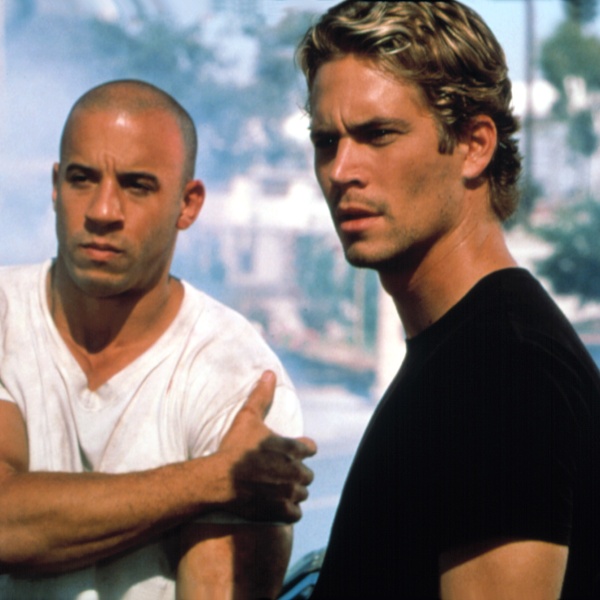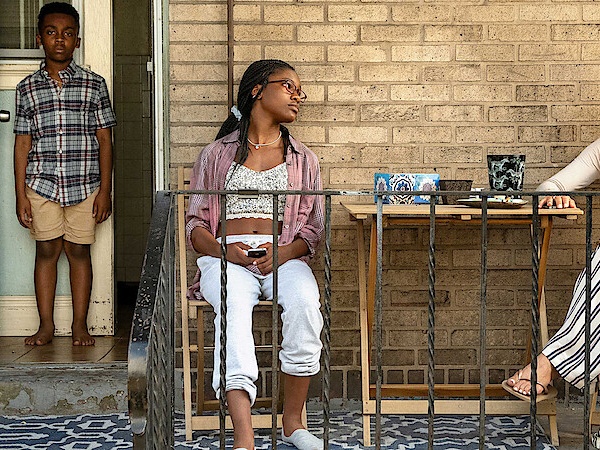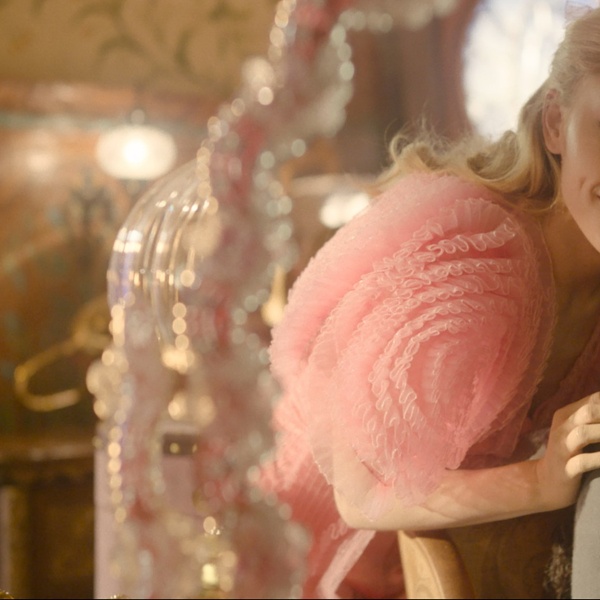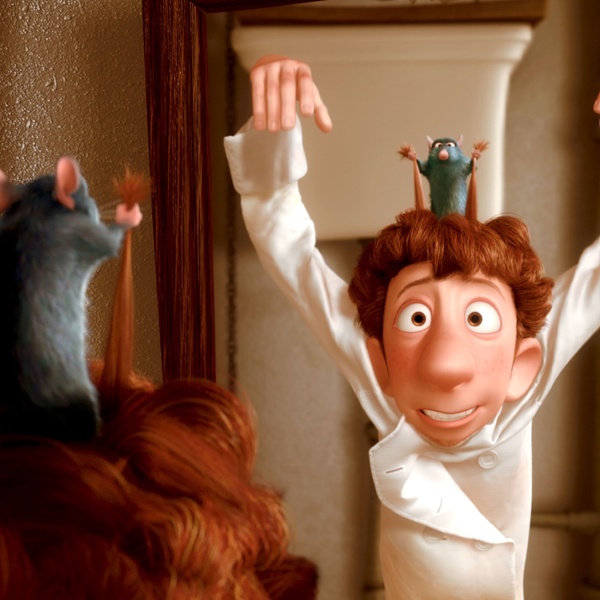As one of cinema’s most legendary artisans, Francis Ford Coppola has helped shape the world of entertainment for over half a century, even when he wasn’t really trying to.
In a recent interview with The Washington Post ahead of him receiving a Kennedy Center Honor this weekend, Coppola reflected on his career, including the surprise success that came from “The Godfather” and how the studios forced him into the position of making a sequel despite not initially having an interest in doing so.
As a ploy to cause issues for Paramount, Coppola pitched titling the film “The Godfather: Part II” even though most sequels up until that point in Hollywood used unique titles like “The Bride of Frankenstein” or “After the Thin Man.” When “Part II” became another hit in its own right, it spurned a tradition that lasts to this day and one that Coppola himself resents.
“So I’m the jerk that started numbers on movies,” he said. “I’m embarrassed, and I apologize to everyone.”
Coppola is no stranger to controversy. The production of “Apocalypse Now” was spurned in the press even before the film’s release, and his most recent film “Megalopolis” attracted controversy over accusations against Coppola of unprofessional on-set behavior, as well as his desire to cast problematic talent.
“I love my cast,” Coppola added to the Post. “There were people on this side of the present political thing, and that side. People who had been canceled, people who should have been canceled.”
Coppola in the interview felt having this wide array of personalities was key to the sense of risk he was trying to bring into production, adding later, “Making movies without risk is like making babies without sex. You can do it. It’s possible, but it’s not very fun.”
To Coppola, what’s even riskier is not staying true to your vision, even when that vision changes over time. Known for recutting many of his films, including “Apocalypse Now” and “One from the Heart,” Coppola points to the failure of his 1984 jazz musical “The Cotton Club” and how it was stripped down by the studio as a moment he knew he had to trust his own abilities. His later, personal cut of the film, released in 2017 as “The Cotton Club: Encore,” went on to receive much higher acclaim.
“I mean, who would suggest to cut 30 minutes of Black people tap-dancing out of a movie about Black people tap-dancing?” Coppola said of the studio’s decision to tamp down the film. “Now it’s balanced. It’s beautiful.”
Throughout his career, Coppola has had to work against these forces trying to impose on his artistry, and every time, he’s found a way to maintain his independence and prove his value.
“I was almost fired on all of them,” said Coppola, adding, “The lesson is that the same things that they fire you for are the same things that later they give you lifetime achievement awards for when you’re old.”
The Kennedy Center Honors are hosted in Washington D.C. tomorrow, December 8, and will be broadcast on CBS December 22 at 8:30pm ET.






